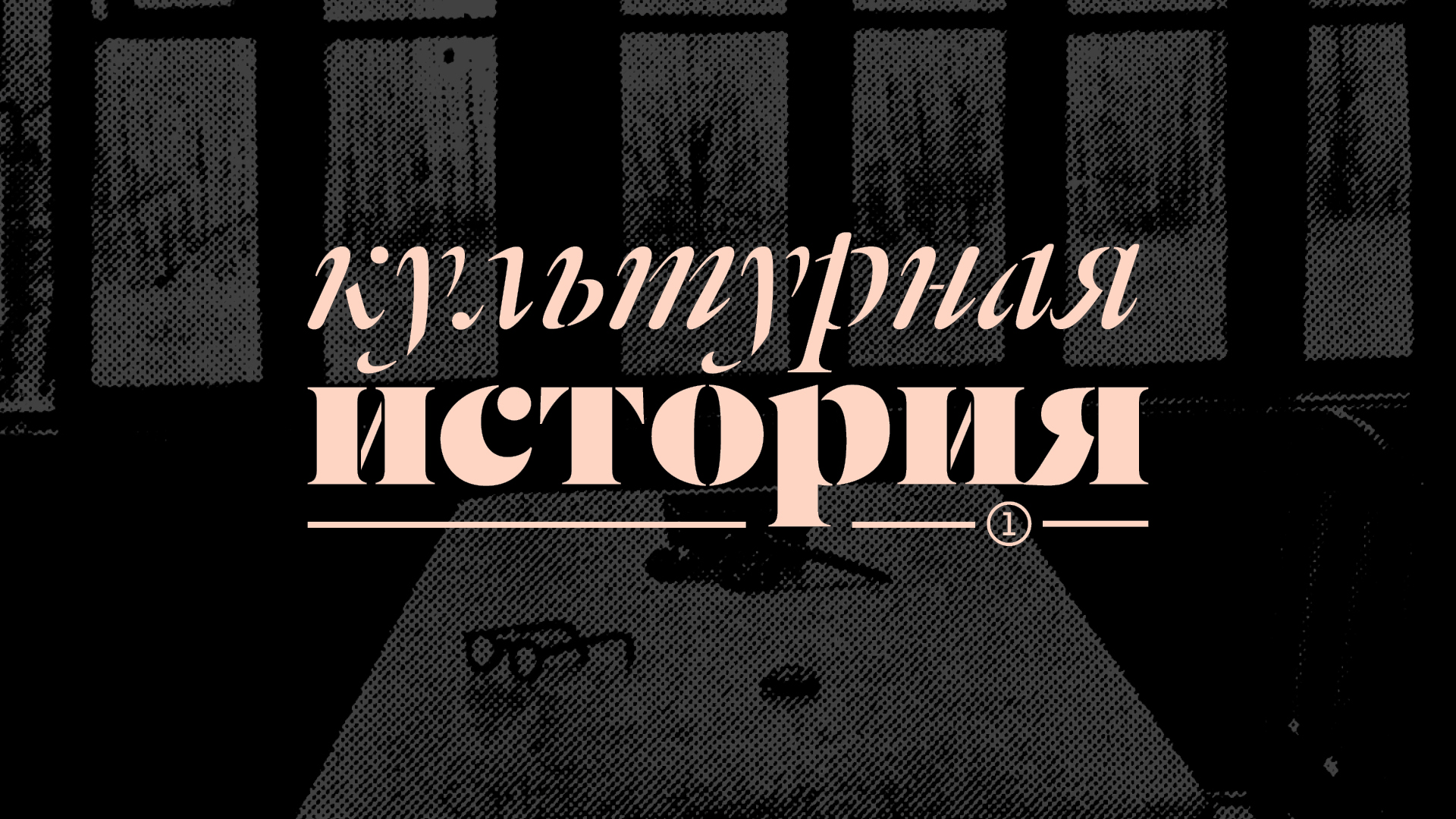Abstract
The article analyzes the reinterpretation methods and forms of the Pasternak’s image, which was constructed during perestroika. The basis for the research was archival sources and periodical materials of the period. For discussions of the Glasnost era, an important component was the events of the late 1950s (publication of the novel “Doctor Zhivago” abroad, awarding the author the Nobel Prize and subsequent persecution in the USSR). Pasternak’s history was characterized as a summation of blank spots. This was due to the fact that the narratives of the period were based on “revelation” the mistakes of the past. Accordingly, the construction of the poet’s image took place using explanatory schemes of victimization and glorification. The first part of the article briefly outlines the inversion of the Pasternak-Zhivago signifier, which radically changed the original “generally accepted” narrative. Also, using the example of discussions of the novel, it is shown how new rules for conducting discussions and the practice of ideological exclusion were formed. The second part demonstrates the forms in which the political appropriation of the rehabilitation of Pasternak’s legacy was expressed. The third paragraph is devoted to a description of the memorialization practices through which the canon of memory was formed. The fourth paragraph briefly describes the history of the creation of the Boris Pasternak’s Museum in Peredelkino and the struggle of various actors for the space of the dacha village. In addition to analyzing the ideological discussions of perestroika about Pasternak, the article raises the question of the heuristic significance of Peredelkino’s case for expanding ideas about the “discursive wars” of the period.
